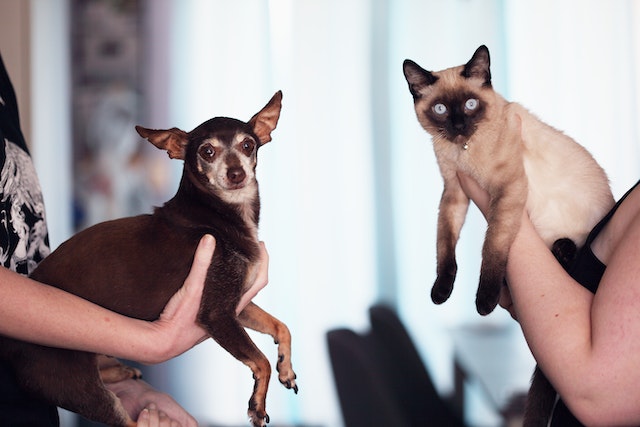
It is not uncommon for divorcing couples to share pets. Just like any other belonging, determining who will keep the pet is a consideration that must be made during the divorce process. In many instances, pet custody can be a highly contentious issue, so it’s important to know what factors can influence the decision of a judge. Keep reading to learn how a Morris County divorce & separation law firm can help you through this challenging time.
How Is Pet Custody Determined?
It’s important to understand that New Jersey has no legislation dictating how pet custody will be handled during a divorce. Generally, pets are considered property, so the state will follow the same rules when determining if the animal is separate or marital property. If one spouse adopted or purchased the pet before the marriage, it is very likely that they will keep custody.
The courts will consider a number of factors to determine who should keep custody of a pet. This includes, but is not limited to:
- Who spends the most bonding time with the pet
- Which partner has enough space in their home for a pet
- Which partner has a backyard for the pet
- If the couple has children, which parent they will live with
- Who economically provides for the pet, including veterinarian bills, purchasing food, and grooming costs
- Who feeds, walks, bathes, and cares for the pet
Though these factors will be considered, ultimately the courts rule on contract law. While pets are considered property, the courts do recognize the sentimental attachment both parties in a couple can have toward their pet.
What Can I Do to Improve My Chances of Keeping a Pet?
In instances where a couple cannot agree on how to handle the pet, a judge may order a joint custody plan that alternates where the pet stays for a period of time. As a result, the couple must adhere to a pet parenting plan outlining who has custody for what periods of time, creating a joint savings account for pet-related expenses, and following a consistent feeding and care schedule for the pet.
However, some judges may not want to award joint custody, especially if one partner lives far away from the other. Traveling long distances frequently can be stressful for the pet. As such, they will consider the aforementioned factors to determine custody. If you want to increase the odds of keeping the pet, you can provide evidence that you are the primary caretaker, such as receipts for expenses or photos and videos of you bonding with the pet.
At Haber Silver Russoniello & Dunn, we understand that your pet is part of your family. As such, we will do everything in our power to help you achieve a favorable outcome. Contact our firm today to learn more about how we can assist you.
